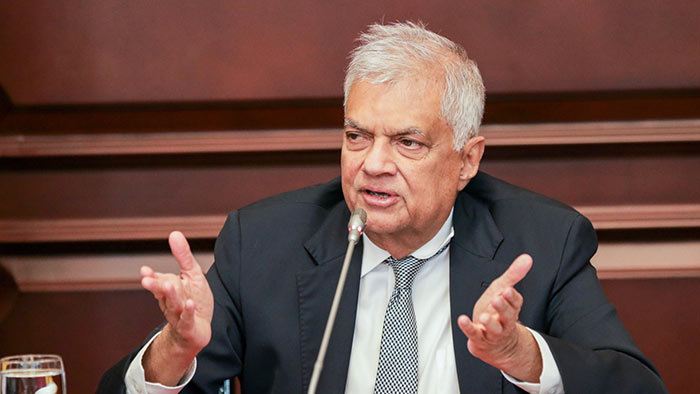Sri Lanka President highlights economic progress and future challenges

Addressing the Parliament of Sri Lanka today (May 09), President Ranil Wickremesinghe provided a comprehensive overview of the country’s economic journey over the past two years.
He highlighted the challenges faced upon assuming leadership, including severe economic contraction, soaring inflation, and depleted foreign exchange reserves.
However, through strategic measures and international support, significant progress has been achieved in stabilizing the economy.
Key statistics shared by President Ranil Wickremesinghe include:
- Economic growth began in mid-2023, with a projected growth rate of at least 3% for the current year.
- Inflation has significantly decreased from 70% to 1.5%.
- The primary account balance shifted from deficit to surplus, standing at 0.6% of GDP in 2023.
- A surplus in the current account of the balance of payments was achieved in 2023.
- Interest rates have decreased substantially to 10-13%.
- Tourism rebounded, with a notable increase in tourist arrivals.
- Foreign exchange reserves exceeded US$ 5 billion, signaling stability.
- Debt restructuring programs aim to decrease total debt to 95% of GDP by 2032.
President Wickremesinghe emphasized the need for continued economic reforms, including enhancing revenue generation, managing debt sustainability, and promoting exports.
He outlined measures to empower small and medium-scale enterprises, modernize agriculture, and attract foreign investment. Additionally, he stressed the importance of consensus and cooperation across political, religious, and societal divides to sustain economic progress and prevent regression.
While acknowledging criticism and challenges, President Wickremesinghe urged unity in steering the country towards sustainable economic growth.
He emphasized the collective responsibility of all stakeholders in fostering a prosperous future for Sri Lanka.
The President’s address underscored the significant strides made in economic stabilization and outlined a roadmap for future development, highlighting the importance of consensus and cooperation in shaping the nation’s destiny.
Latest Headlines in Sri Lanka
- Six police officers arrested over alleged priest assault granted bail January 29, 2026
- Sri Lanka moves toward ‘Dream School’ system for all grades January 29, 2026
- ASP Rohan Olugala appointed Director of Walana Anti Corruption Unit January 29, 2026
- Sri Lanka launches five-year national action plan to combat human trafficking January 29, 2026
- Équité launches media guidelines to protect LGBTIQ+ rights in Sri Lanka January 28, 2026


